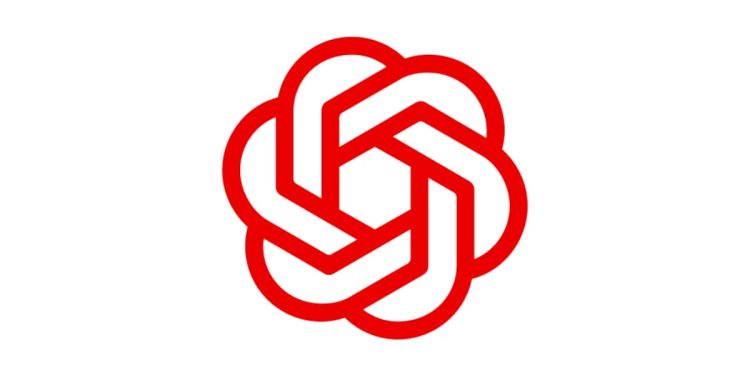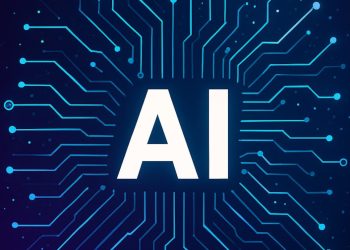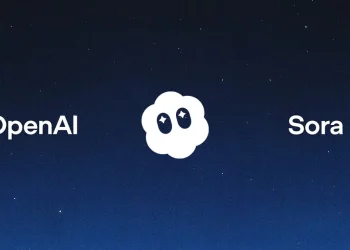Demis Hassabis, the CEO of DeepMind, recently made headlines with bold predictions about Artificial General Intelligence (AGI). He says AGI might be here in the next five to 10 years, possibly closer to five, and that its impact on humanity will be 10 times bigger and faster than the Industrial Revolution. That’s a pretty wild claim, but coming from a guy who co-founded DeepMind and helped prepare AI’s trajectory, it’s worth paying attention to.
For those who don’t know, Hassabis got his start in gaming as the co-designer and lead programmer of Bullfrog’s 1994 management sim Theme Park. He later worked at Lionhead Studios alongside Peter Molyneux before co-founding DeepMind in 2010 with Mustafa Suleyman. Google bought DeepMind in 2014 for $400 million, and Hassabis has been steering the ship ever since, calling DeepMind “the engine room of Google.”
In a recent interview with The Guardian, Hassabis laid out his vision: AGI will have all the cognitive capabilities humans possess. He admits it might not be a single eureka moment but a gradual rise. Still, he’s confident it’s coming sooner rather than later.
Sounds interesting, right? Yet, when you look at how Large Language Models (LLMs) still hallucinate or behave oddly, as seen with the recent overly flattering GPT-4o build that got rolled back, it’s hard not to feel AGI is still kinda far off. Even Xbox’s awkward use of AI-generated images to advertise design jobs got some serious side-eye.
Not everyone is excited. US Senator Bernie Sanders and Pope Leo XIV have both flagged AI’s rise as a major labor concern, highlighting the potential massive displacement of workers. Hassabis acknowledges the Industrial Revolution wasn’t a picnic for everyone either, but argues humanity wouldn’t want to undo it. He’s a “cautious optimist,” betting on human adaptability to handle the upheaval.
He paints a future of “radical abundance” where AGI boosts productivity and prosperity massively, provided society figures out fair distribution. Imagine a world where wealth isn’t zero-sum and space travel becomes a reality. But when asked about the risk of handing over economic power to whoever controls AGI, Hassabis admits that’s a huge question humanity will have to tackle next. Naive? Maybe. But optimism can be contagious.
Guess it’s a bit of a climb to get there, right? Besides the labor drama, it’s tough to ignore Hassabis’ vested interest in AI’s success. Still, his background suggests he’s not just spouting hype. Alongside Microsoft’s Satya Nadella calling AI a “CGI moment” for gaming, Meta’s Mark Zuckerberg warning about cognitive disadvantages without AI glasses, and OpenAI’s Sam Altman saying AI will let everyone outperform today’s top achievers, the hype train is definitely full.
Are these visions genuinely about pushing humanity forward, or just the usual tech execs hyping their products to keep the cash flowing? Hard to say. But if AGI really hits in the next decade, the world will never be the same again. What do you think? Is AGI a blessing, a curse, or something in between? Speak for yourself in the comments below.























